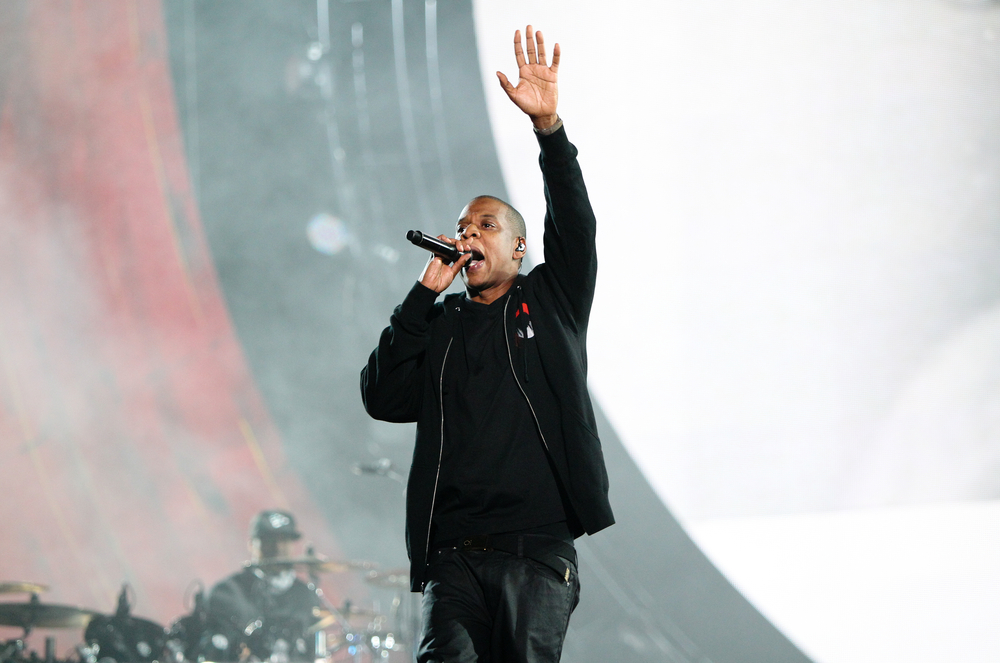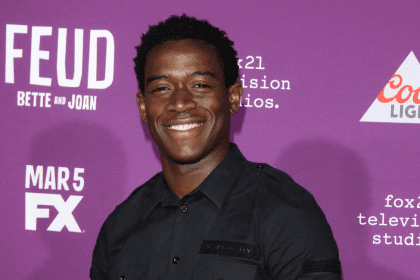Al Pacino’s iconic portrayal of Tony Montana in the 1983 film Scarface has left an indelible mark on cinema, but its journey from critical skepticism to cult classic status is largely attributed to an unexpected ally: the hip-hop community. In a recent interview on Marc Maron’s “WTF” podcast, Pacino discussed how the film became intertwined with rap culture, highlighting its profound influence on artists and audiences alike.
The initial reception of ‘Scarface’
Upon its release, Scarface faced significant criticism from both Hollywood insiders and film critics. Pacino recounted a moment during the film’s premiere when director Martin Scorsese warned him that Hollywood was going to hate the movie. This skepticism stemmed from the film’s raw depiction of the drug trade and its unflinching portrayal of a Cuban immigrant’s rise to power.
Despite the initial backlash, audiences began to embrace the film, leading to its eventual status as a cult classic. Pacino noted, “The audiences liked it. Took a while,” emphasizing that the film’s true impact was felt in the streets rather than the studios.
Hip-hop’s embrace of ‘Scarface’
As hip-hop emerged in the 1980s and 1990s, artists found a deep connection with the film’s narrative. The story of Tony Montana resonated with many hip-hop artists who identified with the themes of ambition, struggle and the pursuit of success. During the podcast, Pacino remarked, “Hip-hop just got it. They understood it. They embraced it, the rappers. And then the next thing you know, VHS is going out and more people are seeing it.” This grassroots appreciation played a crucial role in the film’s resurgence.
Influence on notable artists
Numerous hip-hop legends have referenced Scarface in their music. Artists like JAY-Z, Nas, Raekwon and The Notorious B.I.G. have incorporated elements of the film into their lyrics, while groups like Mobb Deep sampled its iconic soundtrack. In 2003, Def Jam released a compilation titled Music Inspired by Scarface, featuring tracks from prominent artists such as Cam’ron and NWA, further solidifying the film’s place in hip-hop culture.
Pacino highlighted the film’s pervasive influence, stating, “We’re on the records, these rappers. And then it just carried and it kept going and going.” The gritty depiction of Montana’s rise mirrored the experiences of many hip-hop artists, who often faced similar struggles in their own lives.
Scarface’s legacy in hip-hop
Brooklyn rapper JAY-Z famously acknowledged the film’s impact in his track “Ignorant S—,” asserting that Scarface the movie had a more significant influence on him than the rapper Scarface himself. This sentiment reflects the broader cultural significance of the film, which has inspired countless artists to draw parallels between their own journeys and that of Tony Montana.
Fat Joe referred to Montana as “the ultimate ghetto superhero,” while Jermaine Dupri noted that the character’s story resonated with those who started from humble beginnings. Snoop Dogg echoed this sentiment, emphasizing the relatability of Montana’s struggles and triumphs.
Continuing influence on new generations
Even decades after its release, Scarface continues to inspire new generations of artists. Atlanta rapper Future’s song “Tony Montana” introduced the film to a fresh audience, showcasing its lasting relevance in contemporary hip-hop. Younger artists like Lil Baby and Da Baby have also drawn inspiration from the film, using its themes as a backdrop for their music videos.
Thanks to its embrace by the hip-hop community, Scarface remains a cultural touchstone, offering insights into the drug scene of the 1980s and the experiences of Latino immigrants. Pacino’s reflections on the film’s transformation from a misunderstood project to a symbol of ambition and resilience highlight the power of art to transcend its initial reception.
Forty years later, Scarface continues to resonate with audiences and artists alike, serving as a reminder of the enduring connection between cinema and hip-hop culture. As Pacino noted, witnessing the film’s evolution into a cultural classic has been deeply rewarding, and its legacy will undoubtedly continue to inspire future generations.
















